



The consortium brings together the leading NMIs/DIs in MV metrology and several research institutes and companies that bring their specific knowledge and experience. In total, there are 26 participants in the consortium: 8 NMIs/DIs, 9 worldwide universities and high engineering schools, 4 international research institutes and centres, 5 companies in the following sectors: aeronautic, automotive, pharmaceutical, semiconductors, manufactures of measurement systems, etc.

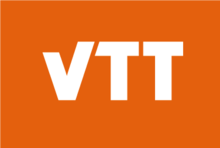
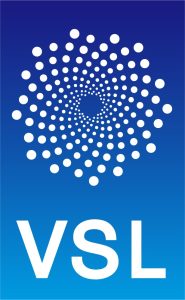
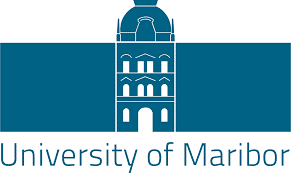
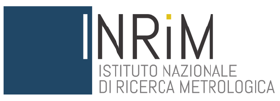
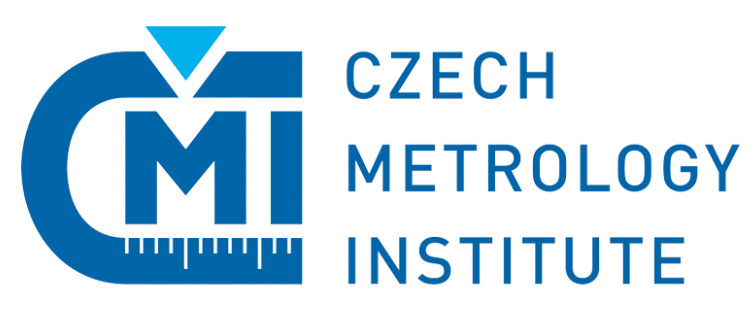

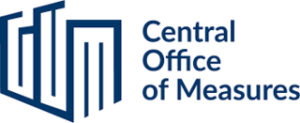
![]()
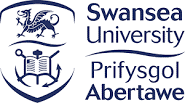
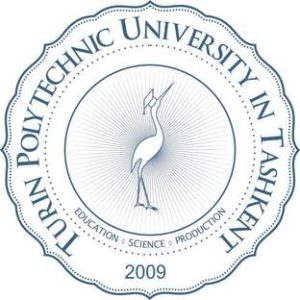
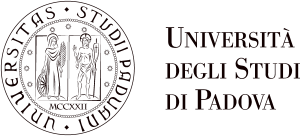
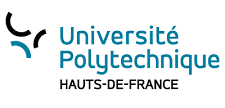
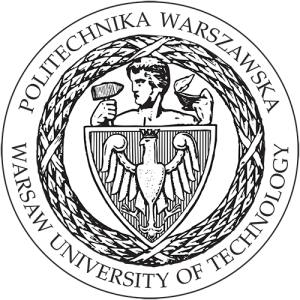
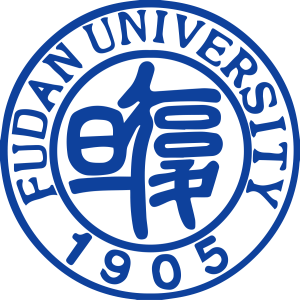
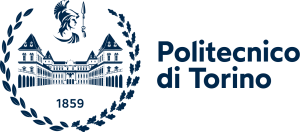
![]()
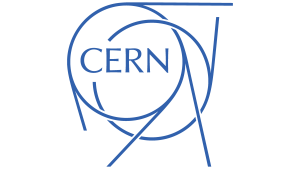
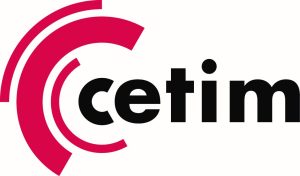
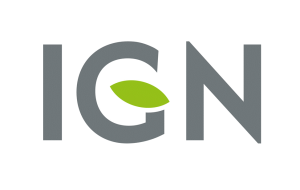
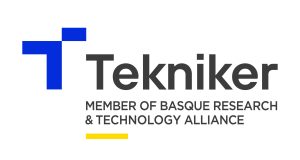

![]()
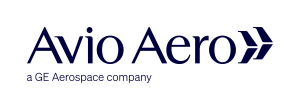


LNE (Laboratoire national de métrologie et d’essais) has experience in making geometrical measurements using CMMs, in optical equipment including machine vision, in machine tools as well as in the development and design of high precision measuring machines like angular platens, an X-Y cross table with a nanometre level of accuracy, metrological AFM and a primary machine for cylindricity measurement with a nanometre-level of uncertainty.
CMI’s (Cesky Metrologicky Institut) department of technical length has strong expertise in coordinate metrology and MV and in the special metrology domains e.g., freeform metrology, surface metrology, computational metrology, geometrical-mathematical modelling, numerical algorithm development, physical and numerical reference standard manufacturing. Their research activities are focused on measurement standards and on improving calibrations.
CNAM (Conservatoire National des Arts et Métiers) is a teaching and research institution. It is also one of the French DIs for length, temperature, radiometry and mass quantities. CNAM and especially the dimensional team provides specialist skills in realising distance measurement instruments and their use in the measurement of the position of objects in 3D as well as anisotropic uncertainty of this position.
GUM (Główny Urząd Miar) is the National Metrology Institute for Poland, which has both optical and tactile CMM and a fringe projection instrument.
INRIM (Istituto Nazionale di Ricerca Metrologica) is the Italian National Metrology Institute and provides the consortium with a decennial expertise in the field of dimensional measurements and surface metrology at micro- and nano-scale. The “Applied Engineering” division research unit has focused on the microscale in the metrology of functional surfaces, through the study of the quantitative correlation between the performance/functionality and the morphology by developing and implementing machine learning methods for data evaluation, with uncertainty evaluation-based data-driven modelling.
UM (University of Maribor / DI) is an educational and research institution comprising many technical areas. The Faculty of Mechanical Engineering accommodates the national laboratory for length for the Republic of Slovenia. It develops measuring methods and procedures, as well as software applications for measurements. UM has extensive metrological and IT expertise and is also focused on the field of geometrical measurements. In addition, UM has facilities and equipment for industrial process planning and operation as well as extensive computational capabilities.
VSL is the National Metrology Institute of the Netherlands and has extensive experience with 3D-CMM measurements as well as on-wafer measurements with HF probes. This experience will be used to develop traceable MVSs in these areas in WP1 and apply it to a use case in WP4. Additionally, VSL is active in research regarding mathematical modelling, data science and machine learning.
VTT (Technical Research Centre of Finland Ltd) is the NMI for Finland and has long expertise in tactile and optical CMM. In state of art laboratories with excellent conditions several tactile, optical and interferometric instruments are available for the use of the project. For coordinate metrology, VTT has both optical and tactile CMMs and a fringe projection instrument. The tactile CMM is also equipped with an optical line scanner head. VTT has close links to industry and national standardisation bodies.
IGN (National Institute of Geographic and Forestry Information) brings strong expertise in dimensional metrology, photogrammetry, geodesy, GPS processing and topography. It is officially mandated by the French government, and through the ENSG, for ensuring a high level of competency in these disciplines.
POLITO (Politecnico di Torino) provides the consortium with a strong background in statistical process control, quality engineering and industrial metrology based MV. The research unit has focused on the application of artificial intelligence methods for the geometric and mechanical characterisation of technological surfaces, and the development of simulative approaches for the calibration and uncertainty evaluation based on measurement system physical and data AI-driven modelling.
TEKNIKER (Fundacion Tekniker) is a technology centre specialised in Advanced Manufacturing, Surface Engineering, Product Engineering and ICTs technologies and has a research group focused on advanced manufacturing. They integrate metrological knowledge and solutions (technologies, procedures, calibrations, standards) into different manufacturing steps and processes. Moreover, TEKNIKER’s metrology lab offers certified measurement and calibration services to the industry for different technologies. In both fields, modelling and simulation are used to design and support the best deployment of technology.
UNIPD (University of Padova) has experience in coordinate metrology and its applications in manufacturing processes, including on-machine and in-process metrology, metrology of freeform surfaces, and in the economics of measurements in industry. Relevant equipment: contact and multisensor CMMs, portable laser scanners, confocal/focus variation optical profiler, on-machine and in-line optical measuring systems in various manufacturing applications.
UPHF (Université Polytechnique des Hauts de France) brings the consortium strong skills in advanced solutions-based machine vision and machine learning investigated and implemented for road traffic management, image processing and object detection. The main applications are related to the automotive, rail and mobility industries.
WUT (Warsaw University of Technology) provides the consortium with a strong background in the development of optical 2D and 3D measurement systems for the metrology of transmissive and reflective microstructures by means of interferometric and digital holographic microscopes (2D) and holographic tomographs (3D) and their applications in industrial metrology, quality control systems and biomedical applications. The WUT team also specialises in the development of structure light systems combined with multispectral and digital image correlation MV systems and CoP processing algorithms.
Brevetti CEA is a private company focused on the design and manufacturing of automatic inspection machines for injectable pharmaceutical products contained in syringes, ampoules, vials, cartridges and bottles. Brevetti CEA recently acquired a company specialised in image-based deep learning algorithms with extensive experience in the pharmaceutical industry.
CERN’s Geodetic Metrology Group has expertise in large scale metrology and in the high precision alignment of accelerator installations and associated physics experiments. The metrology aspects range from simple manufacturing controls, assembly measurements up to the alignment of complex accelerator components and structures. The technologies used are either commercially available or specifically built at CERN, from Laser Trackers, Photogrammetry to Frequency Scanning Interferometry developed in house. The latest development project is targeting an automatic measurement of accelerator components position by photogrammetry.
CETIM’s (Technical Centre for Mechanical Industry (CTI), France) goal is to improve companies’ competitiveness through mechanical engineering, the transfer of innovations and advanced manufacturing solutions. CETIM has extensive experience in dimensional metrology with CMM based tactile, optical, MV, etc., helping the French industrial framework of mechanics to adopt advanced technologies in order to accelerate digital transformation in industry.
FormFactor (FormFactor GmbH) develops leading-edge probe stations, probes, probe cards, optical metrology and inspection and advanced thermal subsystems with high precision accuracy and superior performance in the field of high frequency characterisation.
GE AVIO is a major industrial company, part of GE Aerospace, with recognised competencies in the Design and Manufacturing of aeroengine Low Pressure Turbine Modules, Combustor Modules and Power and Accessory Gearbox Modules. Concerning the Power and Accessory Drive Trian Design and Manufacturing GE AVIO plays a role of worldwide leader.
GEOMNIA develops and delivers innovative metrology software applications, high-end measurement devices and engineering solutions in order to provide high geometric quality for products, machines and processes for advanced manufacturing in harsh production environments, where increased complexity, and reduced tolerances, require ever smaller measurement uncertainties, a shorter measuring time, increased information content and production integrated metrology.
Ponsse is one of the world’s largest manufacturers of forest machines and builds the information systems these rely on. For quality inspection of welded parts such as booms and chassis, Ponsse uses several Fringe Projection systems. Some of them are installed on industrial robots and some others are used manually.
TTPU (Turin Polytechnic University in Tashkent) provides the consortium with a strong background in industrial engineering, industrial metrology and quality control systems. The research team’s main research field and recent works aim to apply machine learning algorithms for the automation of electrical systems, sustainable energy management and climate control systems for industrial environments.
FU (Fudan University) has long expertise in optical manufacturing and metrology. In state of art laboratories with excellent conditions, several tactile, optical and interferometric instruments are available for the use of the project. FU has both optical and tactile CMM and a fringe projection instrument. The tactile CMM is also equipped with an optical line scanner head. FU has close links to industry and national standardisation bodies.
PolyMtl (Polytechnique Montréal) has expertise in contact coordinate metrology, uncertainty estimation, artefacts for machine vision systems evaluation and GD&T. Its effort will focus on evaluating the uncertainty on industry-based GD&T callout measurands on real aerospace parts. The MVSs of interest are fringe projection devices mounted on an industrial robot with markers around the workpiece for registration.
POLYU: The State Key Laboratory of Ultra-precision Machining Technology (SKL of UMT) at the Hong Kong Polytechnic University brings the project excellent skills in the MV domain and high-performance facilities. It is equipped with advanced metrology equipment to support the experimental verification work in the proposed study and developed of their own original MVSs. Additional equipment is: Alicona IFM G4, a Wyko NT8000 Optical Profiling System, a Zygo Nexview Highly Accurate Non-contact 3D Optical Surface Profiler.
SwanU (Swansea University) offers expertise in HSI spanning the visible to infrared spectral range (400 nm – 1700 nm). This expertise will be amalgamated with fringe pattern projection, enabling the simultaneous acquisition of a 3D shape and HSI imaging. This approach facilitates the correction of HSI intensity in accordance with the object’s shape.